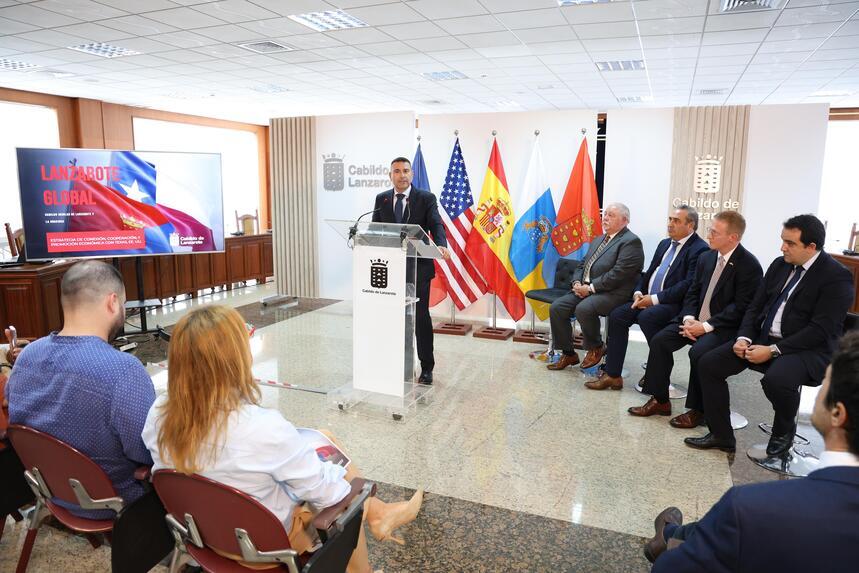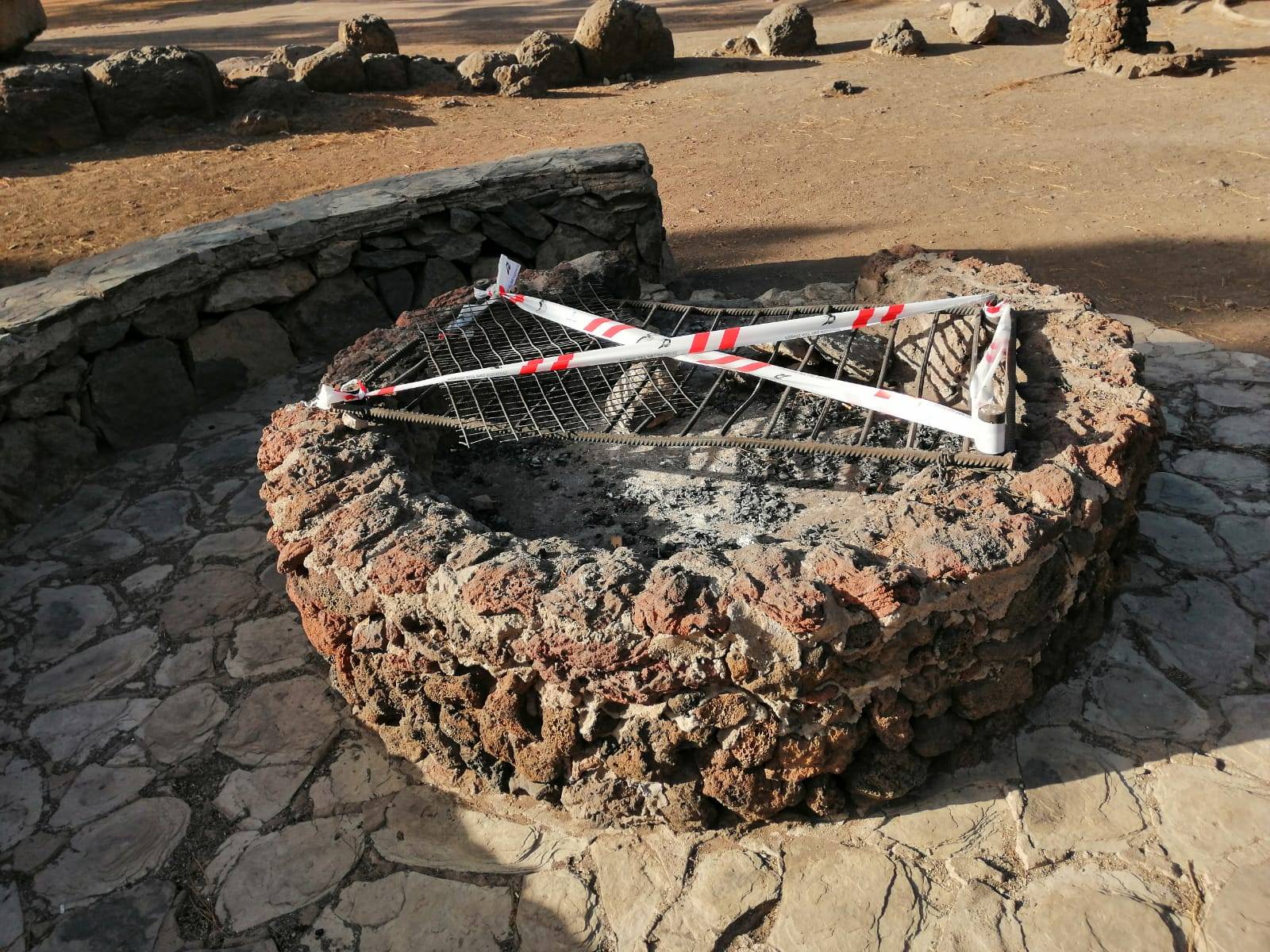
The Canary Islands government will present the Valbanera distinctions for migration at an event on 11 September, to be held at the Teatro Guiniguada in Las Palmas de Gran Canaria.
SANTA CRUZ DE TENERIFE, 22 Aug. (EUROPA PRESS) –
The government of the Canary Islands has awarded four Valbanera distinctions related to migration through a decree by the President, Fernando Clavijo. The awards recognise both individuals and organisations, whether public or private, that have made significant contributions to support Canary Islands migrants, as well as Canarian migrants or descendants who have had a notable social or cultural impact in the countries that have welcomed them.
The honourees include Guillermo Morales Vera and the Fundación Canaria Nuestra Señora de los Reyes in the area of emigration, and Gerardo Mesa Noda and the Asociación Social Solidaridad Venezuela in the field of immigration, as reported by the regional government in a press release on Friday.
On the recommendation of the Director General of Emigration, José Téllez, Guillermo Morales Vera and the Fundación Canaria Nuestra Señora de los Reyes were chosen for distinction.
Similarly, on the recommendation of the Councillor for Social Welfare, Equality, Youth, Childhood, and Families, Candelaria Delgado, and following discussions with the Canary Islands Immigration Forum, the Valbanera distinction was awarded to Gerardo Mesa Noda and the Asociación Social Solidaridad Venezuela.
These awards will be presented at the event on 11 September at the Teatro Guiniguada in Las Palmas de Gran Canaria.
DISTINGUISHED INDIVIDUALS
At the age of 16, Guillermo Morales Vera embarked on a journey from La Gomera to Venezuela in search of a better future. There, he worked, studied, and built a family, all while maintaining his love for his homeland. After completing his A-levels, he trained in Law in Caracas.
A founder of the Grupo Coros y Danzas de La Gomera in Venezuela, he promoted Canarian culture throughout the country. According to the government, his life exemplifies perseverance, identity, and commitment to Canarian emigration. Even today, he continues to support his community through the Fundación de Emigrantes Canarios. His story embodies the pride of being Canarian, the strength of emigrants, and the importance of roots; as he puts it: “I take pride in being Gomero, and I will die with that pride.”
The Fundación Canaria Nuestra Señora de los Reyes in Quíbor, Venezuela, serves as a refuge, a source of memory, and affection for elderly Canarians in the country. It was established by a community committed to supporting those who gave everything for their homeland. With tenacity and support from the Canary Islands government, they built a facility where 45 people today receive dignified care and companionship.
Three decades later, they continue to care for Canarians, as well as preserving memories, roots, and customs that remain vibrant in every celebration. The Virgen de los Reyes, brought from El Hierro, accompanies each step as a symbol of faith and belonging. In 2023, they expanded their facilities to better assist those in greatest need.
Gerardo Mesa Noda, a native of La Gomera, was a member of AWEPAA (Association of West European Parliamentarians for Action against Apartheid) and a former regional president of the Spanish Red Cross, as well as a past president of the Fuerteventura Cabildo. Now 89 years old, he recalls the complete sequence of events from the arrival of the first boat carrying migrants to the islands three decades ago.
In 1994, Gerardo, then president of the Fuerteventura delegation of the Asociación Canaria Amigos del Pueblo Saharaui, found himself suddenly searching for empty houses to accommodate newcomers, dedicating his daily efforts to welcome them as best as he could.
The government highlights his role as a direct witness and active participant in the reception of migrants over the past thirty years.
The Asociación Social Solidaridad Venezuela works to dignify the lives of Venezuelan immigrants and returning Spaniards. Its mission is to ensure access to basic rights such as education, healthcare, housing, employment, and food.
As a bridge between migration and inclusion, it strives for just, free, and complete integration. As an entity in the third sector, it promotes social transformation through daily commitment and the development of strategies that enable newcomers to access essential resources to rebuild their lives. They also emphasise that their work serves as a catalyst for change, hope, and dignity for those who have had to start anew.














